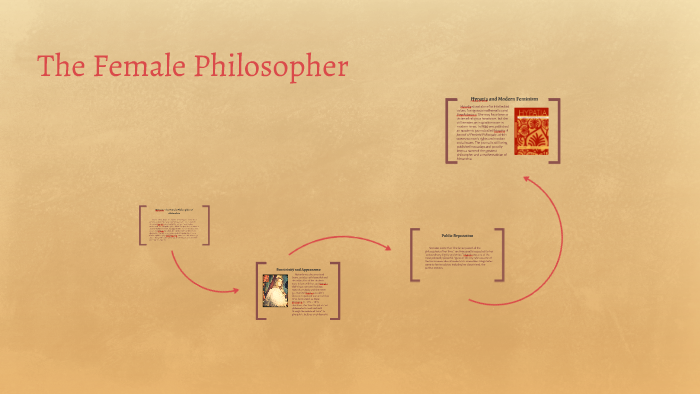


Pythagorean women emerge from this overview not as individuals but as potent cultural icons that exist in the Greek culture's evolving imaginarium, challenging us to rethink our own accounts ofGreek philosophical history. Consequently, the book shifts attention from texts as historical testimonies to texts as literary artefacts engaged in creating avision of the past, producing meaning in dialogue with other texts, especially the dialogues of Plato. Against the tendency to discuss these testimonies in terms of their validity as historical accounts of the life in Pythagorean communities,Dutsch contends that their value lies not in what they may represent but in what they are - accounts of Greek philosophical history that emphatically include women. They include sayings, philosophical treatises, and letters attributed to Pythagorean women, and form a vital undercurrent of the Pythagorean tradition. Such testimonies first surface in fragments of Peripatetic writers, and continued to shape the reception of Pythagoreanism until the seventh centur圜E. Pythagorean Women Philosophers maps an entire web of textual tradition to offer something more complex: a rewriting of Greek philosophical history so as to include female intellectuals.Bringing together little-known testimonies to women's contributions to Pythagorean thought, this book shows what modern readers may learn from them. Such testimonies are usually discussed asevidence for life in Pythagorean communities. Pseudonymous texts attributed to Theano, Pythagoras' disciple or wife, and other female Pythagoreans, have also come down to us. Greek sources, postdating Pythagoras by hundreds of years, suggest that women played an important part in his school.


 0 kommentar(er)
0 kommentar(er)
